You are here
Thu, 2011-06-23 09:24 — mdmcdonald
The Climate Change working group is focused on bringing climate science to effective regulatory policy and stimulating the growth of a green economy.
The mission of the Climate Change is to bring climate science to effective regulatory policy and stimulating the growth of a green economy.
Add Content to this group
Members
| John Girard | Kathy Gilbeaux | Maeryn Obley | mdmcdonald | scottt@stetsone... |
Email address for group
climate-change@m.resiliencesystem.org

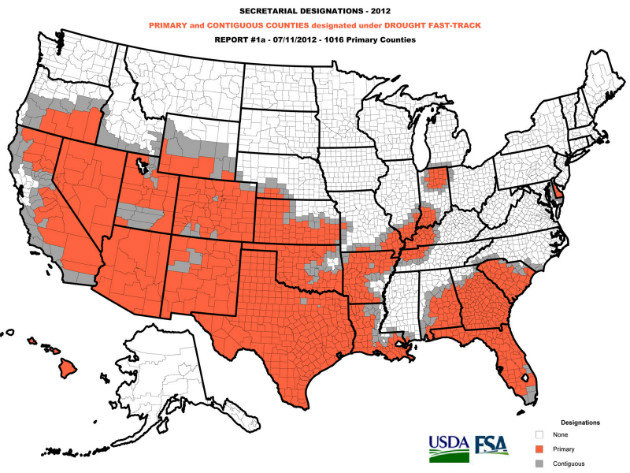 Image: Primary and contiguous counties designated under drought fast-track (USDA & FSA)
Image: Primary and contiguous counties designated under drought fast-track (USDA & FSA)

 noaa.gov - July 10, 2012
noaa.gov - July 10, 2012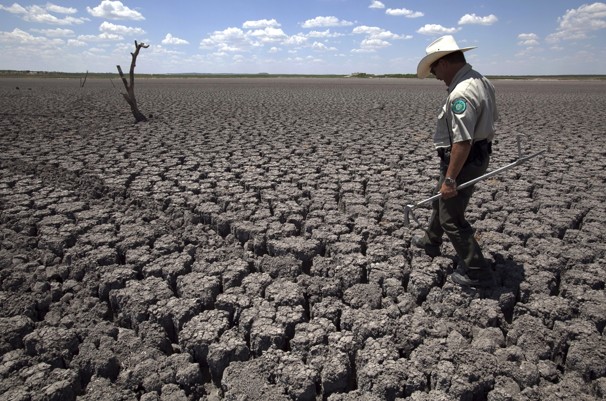
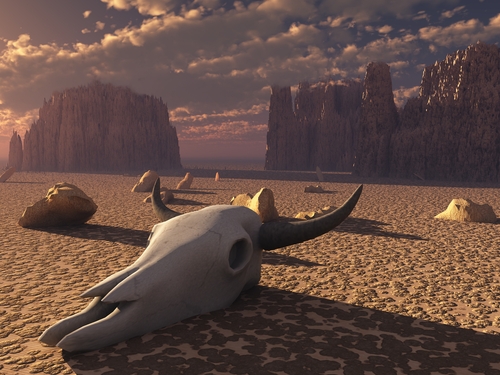 Drought has been especially hard in the U.S. southwest // Source: tamu.edu
Drought has been especially hard in the U.S. southwest // Source: tamu.edu

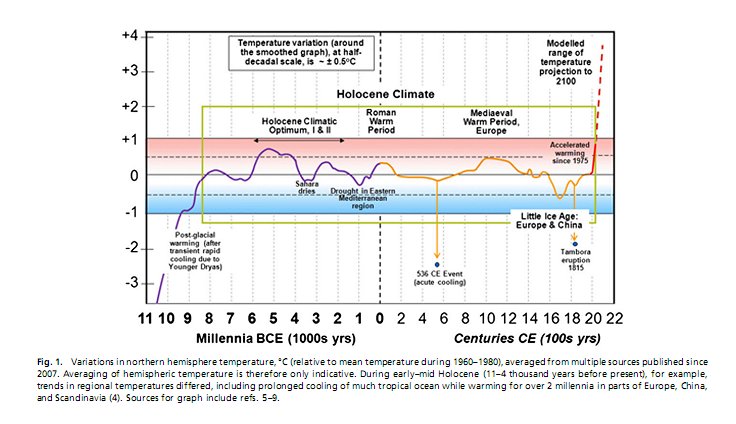
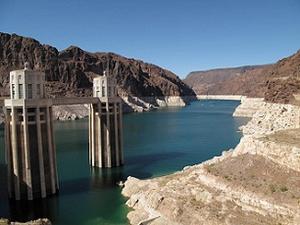
Recent Comments